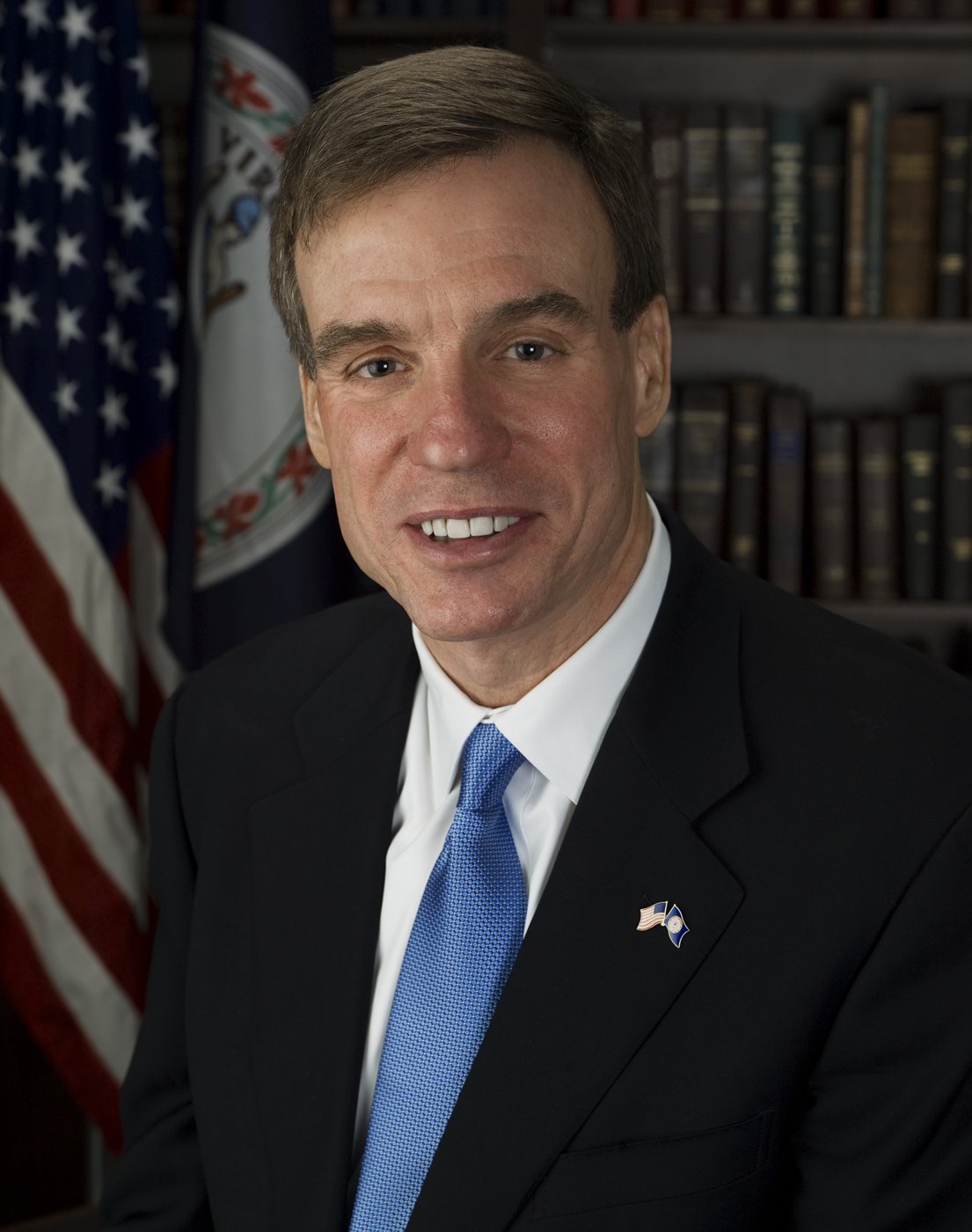 Dear Sen. Warner:
Dear Sen. Warner:
As the night of November 4th wore on, it became clear that your political future lay firmly in the hands of Northern Virginia Democrats. Had the progressive counties of NoVa not loyally stood with you, you would now be out of a job.
This reality may conflict with your self-image as a “radical centrist” who likes to show your “independence” by poking your fingers in our eyes. Perhaps you’re still fondly re-reading the yellowing news clips of your 2001 campaign, of its NASCAR races and turkey hunts.
But politically speaking, that was ages ago. The architect of that campaign, Mudcat Saunders, defected last year to endorse the ultra-right-wing Ken Cuccinelli. And last week, the NASCAR crowd jettisoned you like so much spare fuel.
They’re not coming back, Senator. For better or for worse, there is no center remaining in American politics today. There are only two sides between which every politician must choose.
The results of last week’s election mean that you’re stuck with us extremist, wild-eyed liberals, Senator. You can no longer postpone paying attention to your base.
You need us – but the truth is that we need you too. We need you to stand up for our values and defend us from all the threats that the new Republican Senate majority represents for our country and our world.
So let’s start with the reality that the scientific community is shouting at us to focus on.
Sen. Mitch McConnell proclaimed right after the election that his top priority as incoming Majority Leader will be “to try to do whatever I can to get the EPA reined in.” Yes, he, like so many of his colleagues, is eager to reward his Big Coal and Big Oil donors by blocking President Obama from taking any action to confront global warming.
Now is the time to stand up to these troglodytes, not to cave in to them like a cheap beanbag chair. For the most part, Senator, you have disappointed your base on these issues, by plugging Republican-friendly issues like drilling off the Virginia coast and supporting the Keystone XL pipeline to bring the most climate-destructive oil, that of tar sands, to the US.
To give credit where it’s due, you also have spoken out in favor of the most practical and economical approach to begin slowing greenhouse gas emissions, investing in energy efficiency. I strongly encourage you to stay focused on this issue and work to push it forward.
Bottom line: issues like climate change are not simply chess pieces to be moved around a board to show how “moderate” or “centrist” a politician is. The impacts of climate change will affect the lives of hundreds of millions if not billions of people around the world, over several generations.
To take one striking example – the Himalayas, where hundreds of millions of people depend on water from glacier melt in the world’s most densely populated river basins, India’s Ganges and China’s Yellow and Yangtze. What happens if those glaciers get melted away by the continually increasing temperatures?
We don’t know. But the answer to such threats is to resort to one of the most mundane, centrist, moderate and yes, conservative concepts you’ll ever encounter – that of insurance. The many climate-related disasters that scientists see coming are similar in many ways to the types of threats against which we most commonly insure ourselves – mainly threats with very high costs even when their probabilities are low or highly uncertain.
People buy insurance against the chance of having their house burn down or their car totaled or their bodies succumb to cancer – not because we know or expect that these things to happen, but because we know that we and our families could be ruined if they did.
This also describes the smartest way to approach climate change. We can endlessly debate the uncertainties of how exactly climate change will play out, since no one can ever precisely predict the future. But that would be as pointless as spending years debating the odds of having a car accident, rather than simply buying yourself some damn insurance.
In the context of climate change, insurance (or as the business types behind the Risky Business report call it, risk management) means two things – reducing greenhouse gas emissions to prevent the warming from getting too severely out of hand (mitigation), and adapting our cities, coastlines, infrastructure, etc. to survive in warmer and more extreme weather (adaptation).
We need your leadership in these areas, which will mean not simply accepting or soft-pedaling the Republican Senate majority’s climate denial, but vigorously opposing it, while working for effective climate solutions. Forget about positioning yourself in a now extinct center, Senator – position yourself instead at the head of the pack leading us toward a more secure future.

![[UPDATED with Official Announcement] Audio: VA Del. Dan Helmer Says He’s Running for Congress in the Newly Drawn VA07, Has “the endorsement of 40 [House of Delegates] colleagues”](https://bluevirginia.us/wp-content/uploads/2026/02/helmermontage.jpg)
















